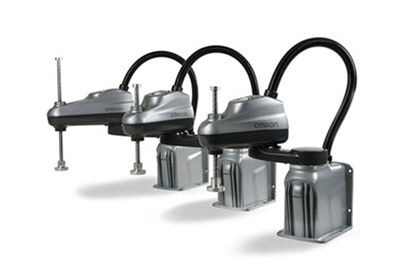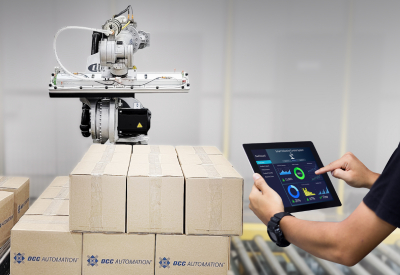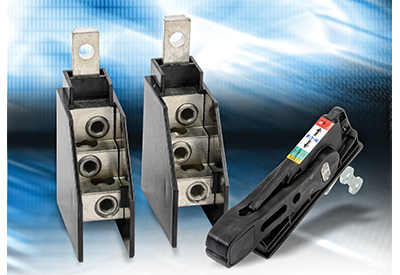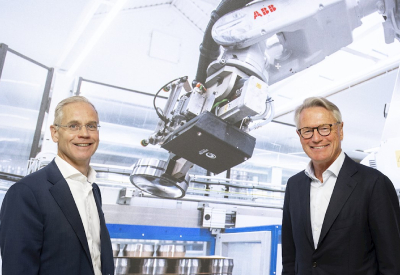ABB’s Pressductor® Technology: 70 Years of Unbeatable Load Cell Performance
October 2, 2024
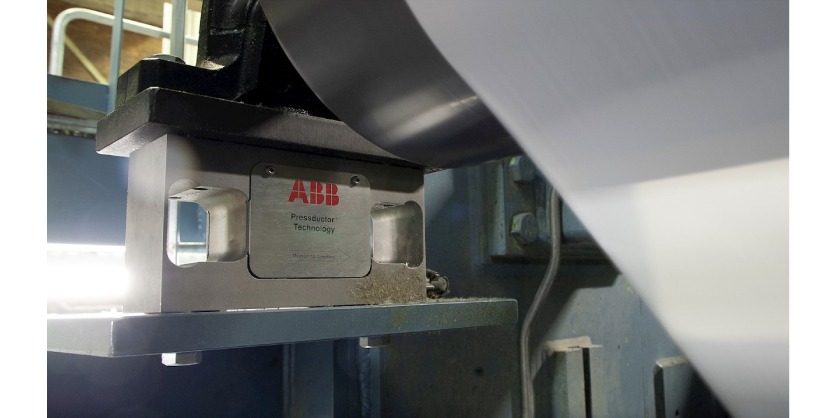
- ABB’s first Pressductor® transducer was developed in Västerås, Sweden, in the early 1950s and patented in 1954
- When it hit the market, the innovative sensor technology offered a step change in the reliability of load cells for tough industrial environments
- The Pressductor technology enables flawlessly smooth, consistent and uniform thickness for various essential materials, such as paper and metals
ABB is marking the 70th anniversary of its Pressductor® transducer which was developed in Västerås, Sweden, in the early 1950s and patented in 1954. When it came on the market, the innovative technology offered a step change in the reliability of load cells for tough industrial environments such as paper mills and steel production.
The innovative force sensor was developed by Dr. Orvar Dahle, a researcher at Asea, which later became part of Asea Brown Boveri (ABB), in response to increasingly demanding industrial requirements. Dr. Dahle invented the technology by successfully applying the magnetoelastic effect whereby the magnetic properties of a material are influenced by the mechanical force applied to it.
“The development in the 1950s of the Pressductor sensor technology opened the door to a new level of manufacturing quality,” said Daniel Jonsson, Global Product Line Manager, ABB Measurement & Analytics. “It was a revolution in the accurate and stable measurement of force, tension, pressure and torque in the harsh environments encountered in heavy industries. This technology ushered in a world of virtually flawless materials.”
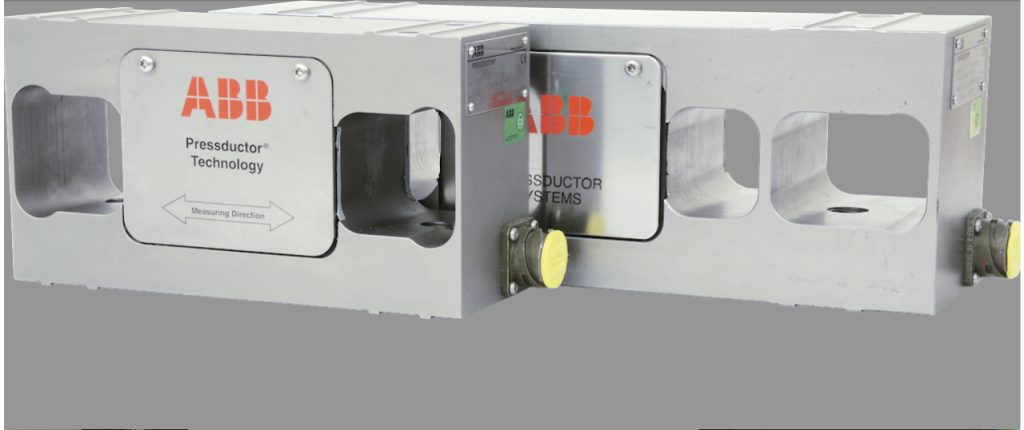
From automobiles to machine tools and from paper products to plastics, consumers and businesses expect metal strip made of steel aluminum or copper and flexible webs made of paper or plastics to be flawlessly smooth, consistent, and of uniform thickness. Meeting these expectations requires advanced, precise technology.
When exposed to mechanical force, ABB’s Pressductor transducer produces measurement signals, the result of changes in the magnetic fields. Because these signals are not contingent upon physical movement or deformation, the load cells combine sensitivity with extraordinary tolerance to overloads and virtually no built-in limit to the number of load cycles.
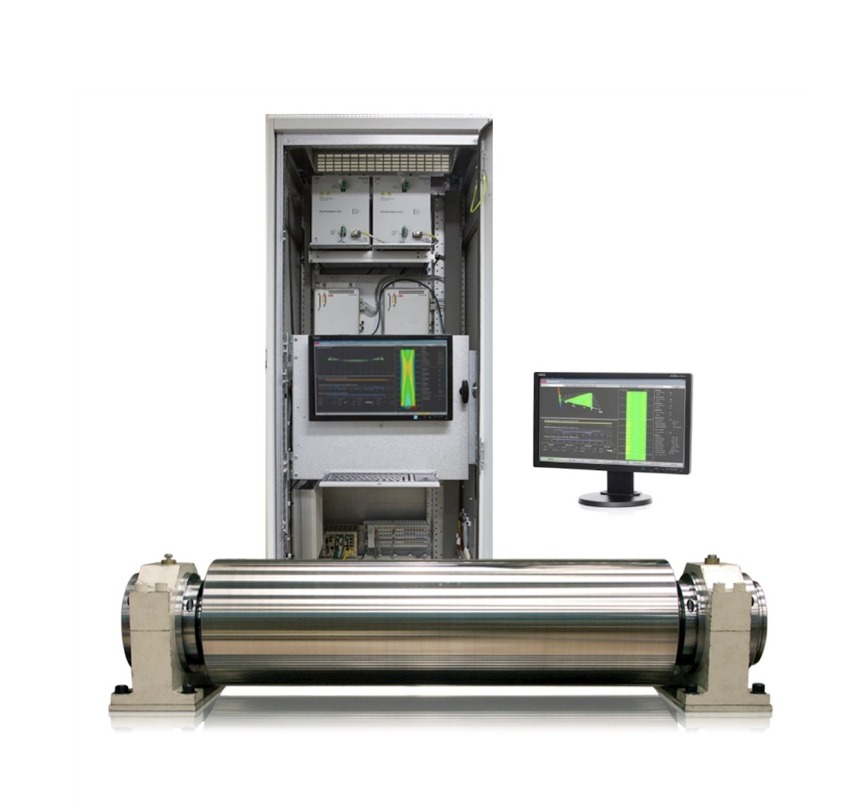
The technology copes naturally with overloads of 300 to 1,000 percent of the cell capacity, depending on the type of load cell, while the deflection under typical industrial loads is between just 0.02 to 0.05mm. That’s between 10 and 100 times less than the displacement typically experienced with movement-based devices.
In contrast, other systems rely on physical movement – bending or stretching the measurement elements – to generate an electrical signal. The reliance of movement makes these systems more vulnerable under challenging operating conditions.
Over the years, the technology has undergone continuous improvements. For instance, developments in material, mechanical design and production techniques make it possible to design today’s Pressductor cells with much lower capacity ratings than earlier generations. Even so, the fundamental technology at the core of the solution remains the same and continues to offer unrivalled performance in challenging applications.
Today, the Pressductor technology is synonymous with high load cell performance, thanks to a combination of accuracy, overload capacity and ability to withstand harsh environments. Over the years, ABB has delivered more than 100,000 Pressductor load cells installations around the world.
ABB’s Process Automation business automates, electrifies, and digitalizes industrial operations that address a wide range of essential needs – from supplying energy, water, and materials, to producing goods and transporting them to market. With its ~20,000 employees, leading technology and service expertise, ABB Process Automation helps customers in process, hybrid, and maritime industries improve the performance and safety of operations, enabling a more sustainable and resource-efficient future. go.abb/processautomation
ABB is a technology leader in electrification and automation, enabling a more sustainable and resource-efficient future. The company’s solutions connect engineering know-how and software to optimize how things are manufactured, moved, powered, and operated. Building on over 140 years of excellence, ABB’s more than 105,000 employees are committed to driving innovations that accelerate industrial transformation. www.abb.com
Related Story
ABB Factory Celebrates 50 Years at the Forefront of Sustainable Analytical Technologies
ABB is marking the 50th anniversary of its Quebec Measurement & Analytics factory which today manufactures market-leading products for industrial analytical measurement and is one of the largest suppliers of optical sensors for detecting greenhouse gas emissions from space.

